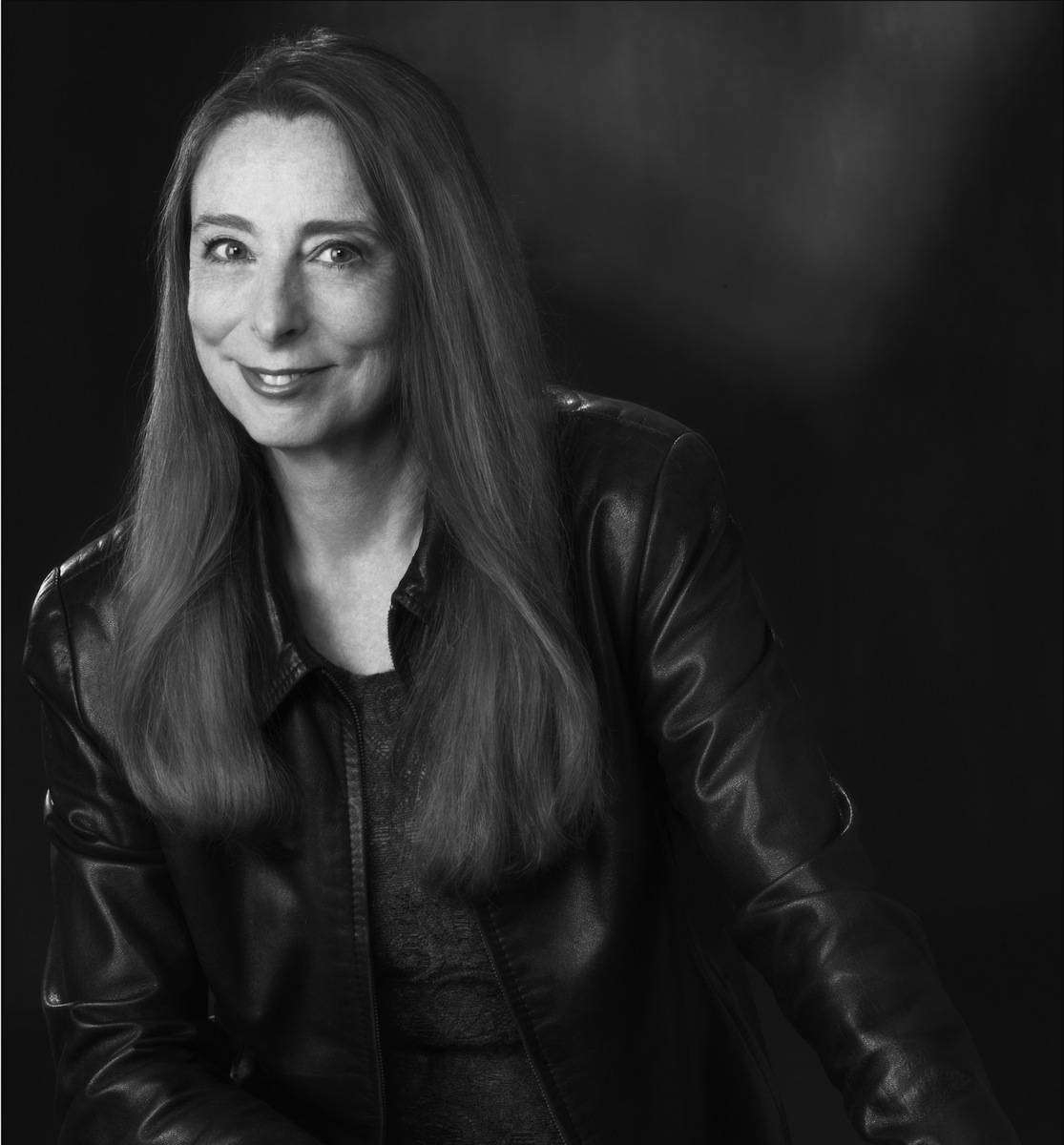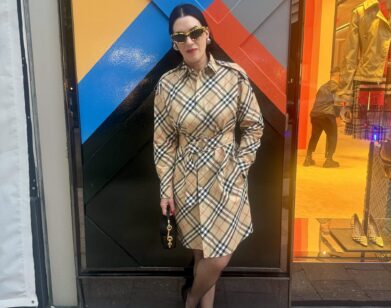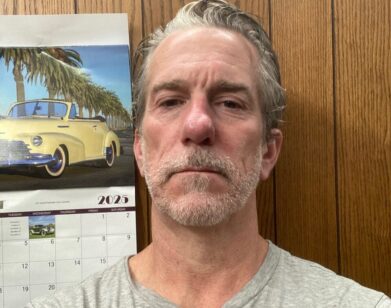Ann Beattie Gets it Down Pat

ABOVE: ANN BEATTIE. PHOTO COURTESY OF SIGRID ESTRADA
If you stop to think about former first lady Pat Nixon, you may realize that there is very little to think about. We hardly knew anything about her—the woman. While in the White House, she was highly reserved. And after the resignation, well, there is even less to recall. Ann Beattie’s Mrs. Nixon: A Novelist Imagines A Life knits together fiction and non-fiction, with Mrs. Nixon at the forefront. Thoughtfully selected facts about Mrs. Nixon are infused with literary references like Tennessee Williams’ The Glass Menagerie and F. Scott Fitzgerald’s The Great Gatsby to uncover a deeper connection and understanding of character. In an essay she wrote for The New York Times titled “Me and Mrs. Nixon,” Beattie comments, “It’s true: I’ve written a book about Mrs. Nixon, or at least a book that isn’t not about Mrs. Nixon.” This is concise, and most definitely the case here. An accomplished short story writer and novelist, Beattie reveals the writer’s process as much as she reveals Mrs. Nixon. We spoke to Beattie about her book, which came out last week, and writing about someone as cloaked as Mrs. Nixon.
MERYL CATES: It’s kind of amazing to think that Pat Nixon was a first lady and we know so little about her. As opposed to now, I feel like it was still possible to have a personal life, or one totally private from the public. Was that liberating as a fiction writer or not at all?
ANN BEATTIE: No, it wasn’t liberating as a fiction writer. Privacy can really be very hard to write about. You have to find a way to have people make assumptions that are not just assumptions you’re planting. I think it’s not analogous to holding up a mirror to somebody, really, and expecting that anything will be revealed more than the image. But you have to make that person look dynamic enough, in spite of their shyness and reticence, to make someone go on that journey with you.
CATES: When I think of “The Letter” [one of chapters in the book], which was styled after F. Scott Fitzgerald, that was a fictional account using some facts. What aided you most in creating a voice for her?
BEATTIE: Well a lot of things did. Sometimes actually text did, other books did. For example [Mr. and Mrs. Nixon’s youngest daughter] Julie Nixon Eisenhower’s biography about her mother did allow me to see how her mother expressed herself in sentences, and that she had a particular vocabulary. And no different than a lot of people—for example, I wasn’t there when Julie Nixon Eisenhower was interviewing her mother. But much of this book is interested in an exploration of the kind of gaps between things. So while you wouldn’t normally think of a mother and daughter as having gaps between them—you think of the bond between them, and I don’t mean to suggest anything personal about a faulty relationship of mother and daughter—I mean that if it’s somebody extremely close to you asking you for posterity to comment on something, as in how you got your engagement ring, you’re quite aware of that person’s proclivities. You’re quite aware of a closeness that really wouldn’t let you be very likely to introspect or say something against Richard Nixon in that situation.
In other words I think the story of the May basket and Mrs. Nixon’s spontaneous gesture and her unhappiness at getting engaged that way is all implied. And I don’t think Julie Nixon Eisenhower missed that point. But somebody else dealing with that material, who was not as close to Mrs. Nixon, certainly might have pressed the issue in a way that Julie did not. So part of my way of thinking in the book was that there are many both revealing and also simultaneously frustrating things about Mrs. Nixon in that we do have an account, but my question so many times is can we trust the account? I mean to be the most insightful version of the encounter, let’s say. Or wasn’t that an easy break? I would far rather be questioned by my husband than a book reviewer, right? [laughs]
CATES: [laughs] Yes, right!
BEATTIE: So that’s just one example of the kind of situation that I found myself in. Another, of course, is that this did take place in another time. And I wasn’t alive; I was essentially the age of the Nixon daughters. We were born relatively in the same period. So definitely I was not of Mr. and Mrs. Nixon’s generation, I was more their children’s generation. But F. Scott Fitzgerald would seem to me, writing in the mid-1920s and writing a book that went on to be as spectacular as Gatsby, to be worth mentioning in this context, because it was a context. 1925 was automatically a context that surrounded the young Mr. and Mrs. Nixon. So there were historical things, there were documents, but again, my interest was not in just presenting these documents, or in trying to find documents that proved the point I wanted to prove in Mrs. Nixon. It was more a look at the way these things have both advantages and built-in insufficiencies.
CATES: What draws you to her as a character? At one point you mention that it is because she is a secondary character—secondary to her husband.
BEATTIE: Well, she certainly can seem in retrospect to have been very enigmatic. Then the question is, was she really enigmatic or did she have a public persona that she managed to keep together, and that even served her sometimes by intimidating other people. It can be a very good act, and I do make much of her being an actress and really having direct acting talents to call on. It can be a very good defense if people are afraid of you, and with the combination of Mr. Nixon condescending to her and agreeing with her being offstage so much. In other words, if he made a public statement about policy and she was standing at his side, no one would have expected that the interviewer would have said, “And what do you think, Mrs. Nixon?” And had they said that, she would have said, “My husband is running the country, and I am trying to be a supportive wife.” Which, again, is a situation that would have existed and not been so bizarre at the time as it would look to us now. I think she had the advantage of hiding behind social forms that would not be as easily invoked now.
CATES: You established these subtle qualities from her past—a little bit of the acting stage savvy, poised, “show must go on” attitude, as you mentioned. Here, were you particularly drawn to the woman she was before marriage?
BEATTIE: Let me just say that I really don’t identify strongly with Mrs. Nixon, so it’s fair enough, certainly, to ask why she became the subject of my book; but in a way, she’s only one aspect of my book. In other words, what I was in part trying to do, and there are a lot of different things going on in this book, but in terms of Mrs. Nixon, I took somebody that I knew was not of inherent great interest. I can tell you that that’s true because otherwise there would be tons of books, complete non-fiction books, biographies, whatever, published about Mrs. Nixon, if this was somebody that writers were suddenly looking back on in the way that they’ve looked back on Eleanor Roosevelt or something like that. That has absolutely not been the case with Mrs. Nixon.
So for me, it sort of seemed like the person who was the president’s wife when I was maturing and in my late teens, early 20s, and was thinking about politics, as opposed to when I was a child and not thinking about them at all, was really Mrs. Nixon. There she was. And this many years later I wondered if I had any ability to give a backward glance and see, not for her sake necessarily and not just for my sake either, but what the role of even prominent women in the spotlight was then, as opposed to now. And I didn’t want to just connect the dots. I could have probably just made a list of what presidential wives were expected to do then and what presidential wives are expected to do now. I wasn’t really interested in things on that level. It was more a question of taking somebody that was unlikely, let’s say, and because she was enigmatic, she was unlikely. Whereas, if you look back at Eleanor Roosevelt, I don’t know that there’s great enigma. There might have been things that were not known about her at the time, but I don’t think that people would have said, “Yes, what was the deal with Eleanor Roosevelt?” Time has given us great information about what was the deal with Eleanor Roosevelt. But nobody really has looked that way at Mrs. Nixon. So I almost felt like everybody else had their white gloves on, and I didn’t want to strip her or merely speak about myself at some distance with somebody that I don’t think I’m anything like and don’t want to be anything like. But nevertheless, it seemed like that was a productive line of speculation.
MRS. NIXON: A NOVELIST IMAGINES A LIFE IS OUT NOW.






